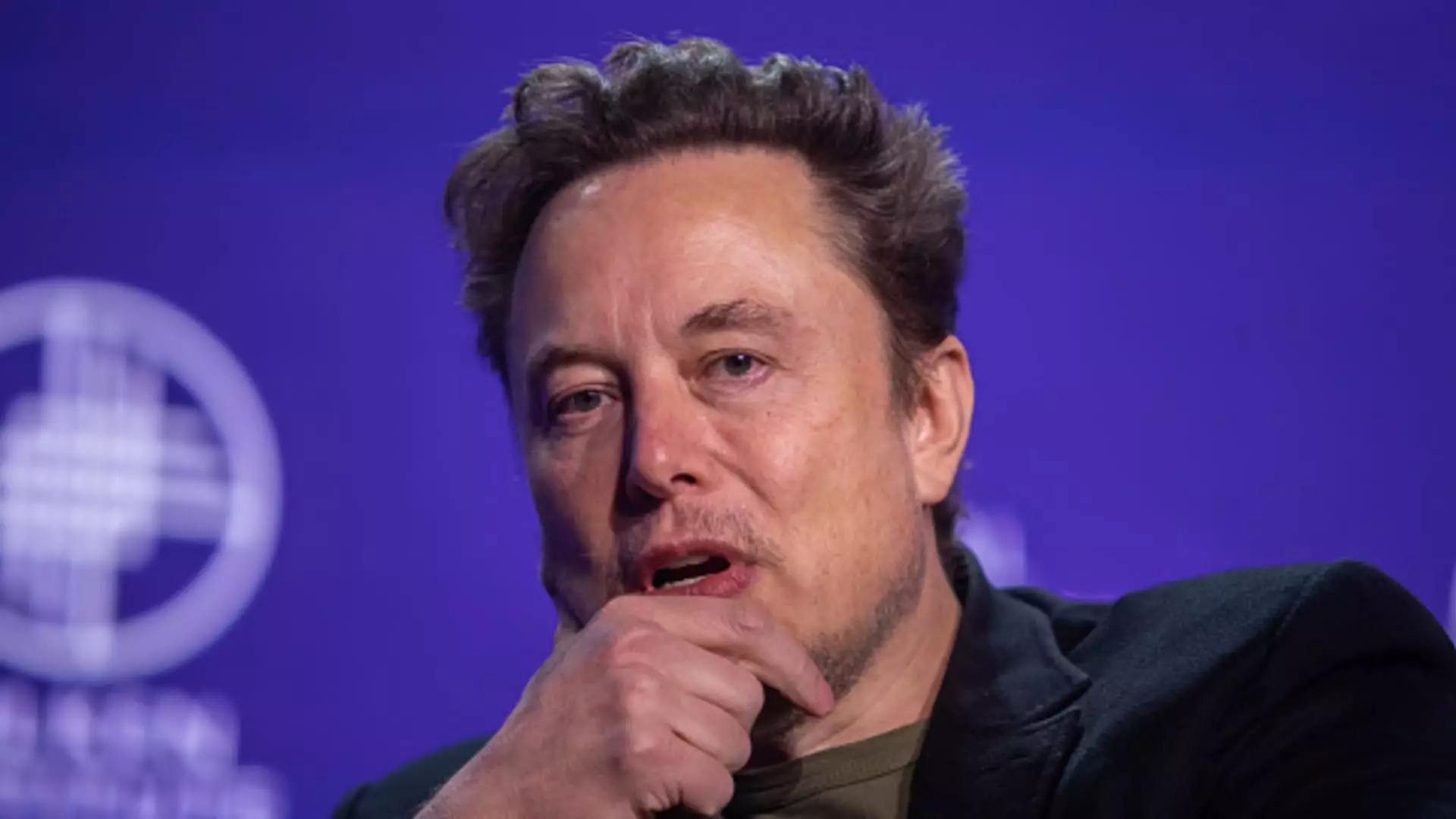Tesla’s alleged efforts to prevent unionization among its workers in Buffalo, New York have come under fire. The National Labor Relations Board filed a complaint accusing Tesla of creating an acceptable use policy for workplace technology that effectively discouraged employees from organizing or engaging in concerted activities to form a union.
The policy in question imposed restrictions on Tesla workers, including prohibitions on recording, unauthorized soliciting, promoting, and creating channels and distribution lists. These restrictions were seen as a way to interfere with employees’ rights guaranteed under the National Labor Relations Act, which protects workers’ rights to discuss organizing, join a union, and collectively negotiate for better pay and working conditions.
Initially intended to manufacture solar panels, the Tesla Buffalo plant has shifted its focus to assembling electric vehicle charging equipment and housing a team of AI software data labelers. Recent job cuts at the Buffalo plant, part of broader restructuring efforts at Tesla, have resulted in layoffs of 285 employees in New York. This move follows a decline in electric vehicle sales in the first quarter, prompting the company to eliminate thousands of jobs worldwide.
Tesla and CEO Elon Musk have a history of clashing with union proponents. In the past, Tesla was found to have engaged in union busting practices, including firing a union activist in violation of labor laws. Musk’s controversial tweet in 2018, questioning the need for union dues and stock options, further fueled tensions with labor groups.
Beyond the United States, Tesla has faced workers’ rights challenges in Europe. Swedish service technicians initiated a strike last year, seeking a collective bargaining agreement with the company. Despite ongoing negotiations, authorized work has been allowed to continue at times as the labor group pushes for better working conditions and representation.
Tesla’s alleged anti-union policies and actions raise concerns about the company’s commitment to upholding workers’ rights and fostering a fair and inclusive work environment. The conflict between Tesla management and labor groups underscores the ongoing challenges of unionization and collective bargaining in the modern workplace. It is essential for companies like Tesla to prioritize dialogue, respect, and cooperation with their employees to ensure a sustainable and equitable labor relations framework.


Leave a Reply